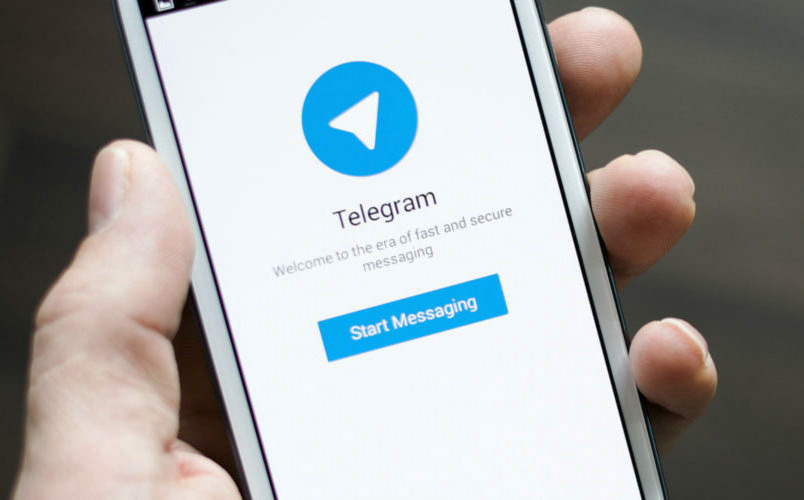Apple is being sued by the Coalition for a Safer Web for failing to remove access to Telegram while still blocking Parler, and also for claiming that it is being used by hate groups and extremists to attack the Capitol.
Filed Sunday in the U.S. District Court for the Northern District of California, the lawsuit by Ambassador Marc Ginsberg and the Coalition for Safer Web accuses Apple of allowing Telegram to be available on the App Store. This “despite Apple’s knowledge that Telegram is being used to intimidate, threaten and coerce members of the public”.
Presented as a “non-party, non-profit advocacy organization” to force the removal of extremist and terrorist content from social media platforms, the Coalition claims that Apple is failing to follow its own policies and guidelines on application content in relation to Telegram. In doing so, Apple allows the most malicious users of Telegram to continue their activities.
The lawsuit comes to the end of a week in which Apple, Google, Amazon and others cut ties with Parler for not managing the content of the application generated by its users. The app would have been used to plan and coordinate illegal activities in Washington DC, including the attack on the United States Capitol.
In effect, the lawsuit is putting pressure on Apple to take a closer look at Telegram with the aim of decrypting the encrypted messaging app for allegedly carrying out similar activities.
According to a June 2020 CSW press release cited by the lawsuit, Telegram is being used as a “channel of communication for the Russian government and affiliated Neo-Nazi and white nationalist groups, sowing misinformation and racial division in the United States. and in Europe. ”
Ginsberg also wrote to Apple CEO Tim Cook on behalf of CSW in July, calling for Telegram to be temporarily disabled, due to its role in “inciting extremist violence”.
There is also the accusation that “anti-black and anti-Semitic groups have openly used Telegram with little or no moderation of content by the Telegram administration”. Despite the CSW’s warnings and media reports about the app, Apple “has not taken any action against Telegram comparable to the action it took against Parler to compel Telegram to improve its content moderation policies.”
The lawsuit also claims that Telegram is being used to “coordinate and incite extreme violence” before President-elect Joe Biden takes office. “Some users have asked followers to abandon plans for a second protest in Washington in favor of surprise attacks across the country,” the document said.
There is also mention of how Ginsberg suffered emotional distress and anxiety due to misinformation and incitement to violence against Jews. As Ginsberg is Jewish and in the public eye, he is forced to “live in apprehension of religiously motivated violence perpetrated against him”, making him fear for his life and the life of his family.
The suit also cites an injustice in the way Apple enforces its rules, citing Epic Games’ removal of Parler and “Fortnite” for violating its guidelines. Meanwhile, using Telegram has violated the App Store guidelines since the app’s launch in 2013 in several ways.
In the case of Telegram developers, CSW claims that they “have not taken any significant action to contain these flagrant, systematic and continuous violations of the Defendant’s application guidelines by Telegram users”.
The lawsuit requires a jury trial and asks the court to provide compensatory damages to each plaintiff, an injunction to be granted prohibiting Telegram from entering the App Store until it complies with Apple guidelines and court fees.
Telegram has a tainted history with Apple regarding its users and content hosted on the service, with Apple gaining access in 2018 due to the presence of child pornography. In October, Apple demanded the removal of posts related to the Belarus protests.
In April 2018, Russian telecommunications regulator Roskomnadzor ordered Apple to stop downloading Telegram, in part due to the app developers’ refusal to hand over the encryption keys to the government, as required by Russian law. Although the political ban prevented application updates from being made for some time, Apple approved application updates in June of the same year.
